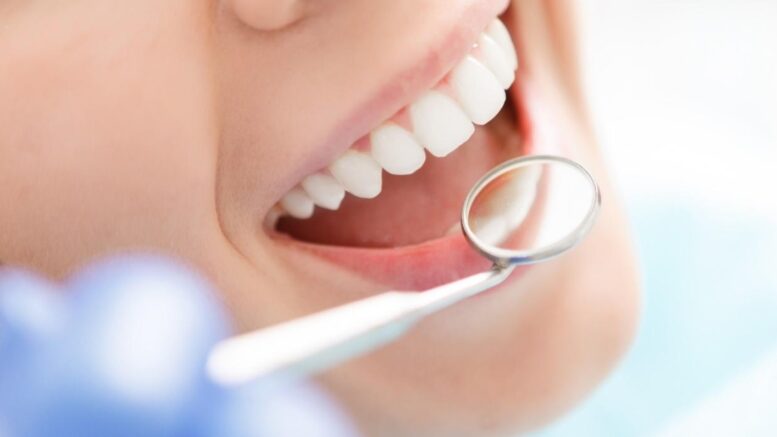Results from a nationwide poll show that 26 per cent of British adults brush their teeth once a day instead of the recommended two times a day. Failure to adhere to the dental health recommendations made by a dentist St John’s Wood is a sure way to experience the consequences of unwanted dental diseases. It is only when it is too late that you realise how really important it is to look after your teeth and gums.
Taking care of your teeth and gums is easy, but it does take consistent effort to maintain good dental health. In addition to brushing teeth daily, other recommendations include flossing, restricting the consumption of a sugar-filled diet and having regular oral health checks.
What happens when oral health declines?
The obvious repercussions of poor oral hygiene are the increased risks of dental diseases like tooth loss and gum disease. The not-so-obvious consequences are linked to medical complications with sometimes fatal consequences.
The main role good oral hygiene plays is to protect teeth longevity. Losing adult teeth will mean having to invest in tooth replacement devices. Besides the extra costs involved in replacing natural teeth, there is the pain and discomfort accompanying decayed teeth.
Physical wellbeing is at big risk from poor dental health. When adult teeth are lost or in a state of decay, the masticatory function is challenging. It can be hard to bite and chew without the required number of teeth. Malnutrition is a serious condition that needs to be avoided in extreme cases of tooth loss.

The smile is considered a highly influential personal asset that has a positive reach in all areas of your life. An aesthetically pleasing smile boosts confidence that is essential if you are to benefit from professional, social and romantic opportunities.
A poor dental appearance due to neglecting dental health often means finding it a challenge to land a job or secure promotion opportunities at work or widen your social network of friends. Those with unsightly smiles may often live on the fringes of society.
It is usual to only focus on the state of teeth and gums when oral health declines. But what many don’t know is that dental health is closely tied to what happens in the physical body. Maintaining good oral hygiene does more than keep teeth and gums healthy, this protects the health of the heart and lungs too.
What medical scientists have found is that the bad bacteria that give rise to dental decay and gum disease move out of the oral cavity to attack the cardiovascular and respiratory systems. When teeth and gums are in the advanced stages of the disease, bad bacteria are allowed to enter the inner structures of teeth from where they can reach the bloodstream.
They use the bloodstream as a means of transport to the blood vessels in the cardiovascular system and respiratory systems. Here they clog up blood vessels and trigger inflammatory conditions in the lungs increasing the risk of illnesses such as pneumonia and bronchitis.
Protecting oral health is all-important for dental, physical, psychosocial and mental wellbeing which is why investing in good dental care should be a priority.
